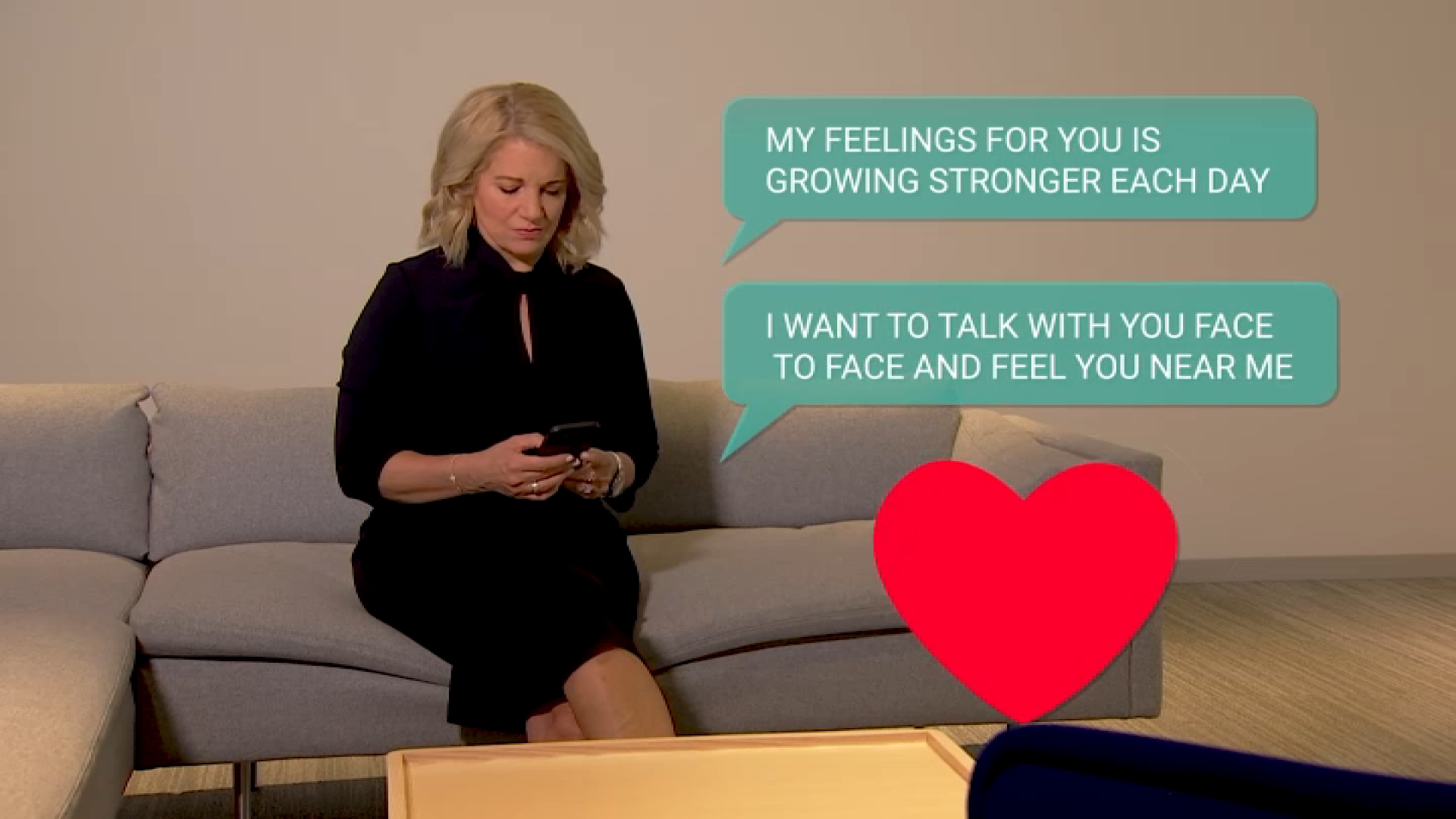It was just another check for Lindsay Aleman.
“So I owed Delaware, the state of Delaware, some money from when I lived there,” Aleman said.
Aleman wrote the check last June to the Delaware Division of Revenue for $490.
“So I go to the post office to send it out,” she said. “I drop it off there.”
Get Philly local news, weather forecasts, sports and entertainment stories to your inbox. Sign up for NBC Philadelphia newsletters.
Days later, thousands of dollars were stolen from Aleman’s checking account.
“And then I check my bank account and I’m missing $7,000,” she said. “And I click on the check and in my mobile banking app, and it’s completely doctored to totally something different.”
While the Delaware Division of Revenue was still listed on the check, the numbers Aleman had written were changed.
NBC10 Responds
Have a consumer complaint? Call 215-201-5310
“The amount had been totally changed and I actually had some personal information on the card, or on the check, my Social Security number and my birthday and a contact number as well,” she said. “And all of that was gone and there had been some doctored account number written on there and a tax voucher under what it was for.”
Aleman assumed her check had been stolen out of the mail so she went to her bank, Wells Fargo, to report it, hoping she would be reimbursed.
The reporting process included filling out a form and going back to her Wells Fargo branch location to have it notarized by a notary at the bank.
“I made an appointment with their notary,” Aleman said. “I went through everything with him. And then he was like, ‘I will take this paperwork and I will send it to the claims department from here.’”
Weeks later in July, she received a letter from Wells Fargo saying they were closing the claim because they never received her paperwork.
“I went back there and I sent the paperwork again and they finally got it,” Aleman said. “But that whole turnaround was about a month.”
Aleman said she then called Wells Fargo in August and was told her claim was “in process.”
She received the same message when she called her bank again in October. She called them again in December.
“That person that I spoke to on the phone told me that what they can see in the system is that they sent a demand letter, to Citadel for the funds,” Aleman said. “And that my money should be in my account by the end of the weekend.
She told NBC10 that didn’t happen however. So, she called her bank yet again.
“I like broke down and cried to the guy I talked to on this, on that day,” she said.
Aleman then called NBC10 Responds for help. After hearing her story, we reached out to Wells Fargo. Days later, Aleman said she got a call from a Wells Fargo bank representative telling her the funds had finally been returned to her account.
“I honestly like, I had tears of joy,” she said. “I was so excited.”
Wells Fargo also added a customer service voucher of $200.
NBC10 asked Wells Fargo why it took six months to return Aleman’s funds.
“Safeguarding our customers’ assets is our top priority,” a Wells Fargo spokesperson wrote in response. “We have robust security protocols and measures in place, which include advanced detection systems to identify potential instances of check fraud and scams. We continue investing in technology and training to stay ahead of industry-wide threats, such as check fraud.”
NBC10 also reached out to Citadel, the bank that cashed the forged check.
“We were not aware of the consumer’s issue, and had not received any correspondence regarding the matter from Wells Fargo,” a Citadel spokesperson wrote. “This check was deposited electronically through the normal course of business, utilizing an automated process.”
Aleman’s ordeal inspired NBC10 Responds to look into the security measures currently in place for electronic and mobile deposits. We discovered that while the majority of Americans prefer electronic banking due to the ease and convenience of online transactions, there’s also a security risk that criminals know how to exploit.
While criminals normally alter or “wash” the payee and change the name on the check, in Aleman’s case the culprits altered the amount on the check from $490 to $7490. That money was put into the Citadel account of an individual.
“So the Wells Fargo branch employee told me that it looked like they had opened that account that same day, deposited the check the next day, the funds had officially been moved to their account,” Aleman said. “They cashed it all out and then closed the check the next day. Seventy-two hours.”
Optical Character Recognition (OCR) is the automated process in which a check is electronically deposited. Jesse Barbour, the chief data scientist at a digital banking company, told NBC10 when you take a picture of your check to deposit, the scan only reads the numbers, including the amount, the routing number and the checking number. It does not read the name of who the check is made out to however.
“They’re printed characters on the paper,” Barbour said. “We turn them into, you know, text.”
Mike Centrella, the secret service special agent in charge of the Philadelphia field office, warned of the dangers of online check deposits.
“So the conveniences that we enjoy as clients of a bank to be able to sit at our kitchen table, as you mentioned, let me take a photo and deposit our check, is also the conveniences that the criminals exploit,” Centrella said. “Check fraud or check washing, is a major threat because it’s a blank check to the criminals.”
Experts recommend setting up alerts. Depending on your bank, you can ask to be alerted about unusual activity, a large purchase, a large ATM withdrawal, a debit card alert or low balance alert.




